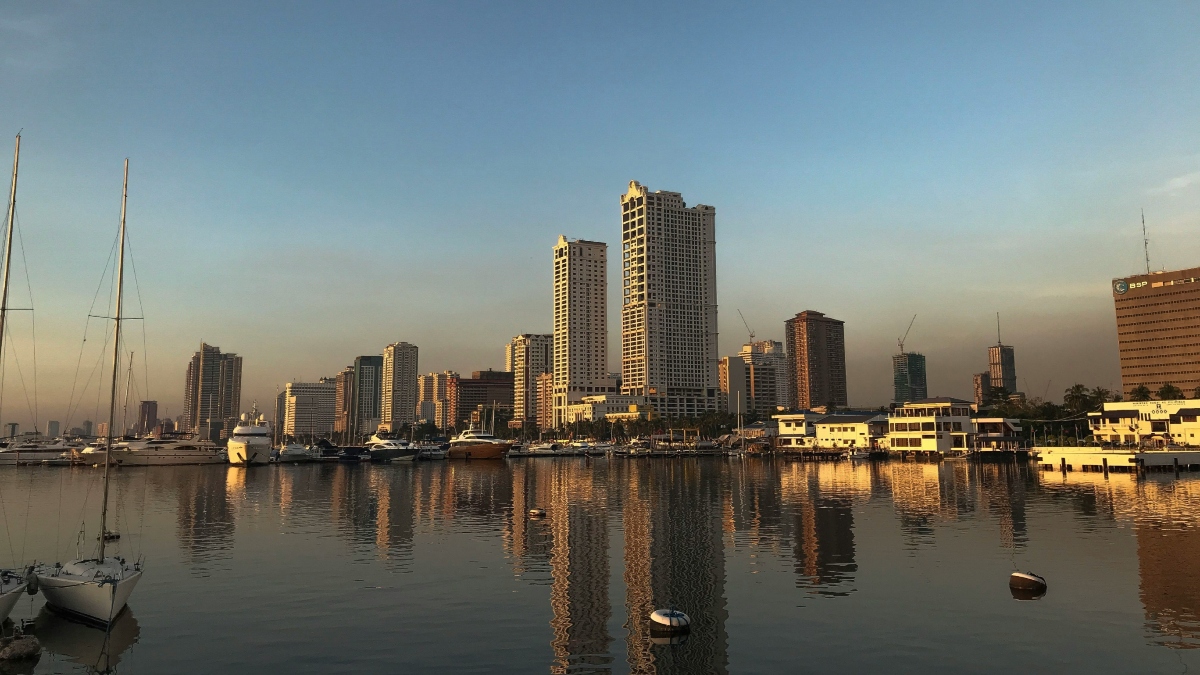The Department of Transportation (DOTr) is working to position the Philippines as a leader in sustainable mobility in Asia through major infrastructure initiatives aimed at reducing environmental impact.
Speaking at the 16th Regional Environmentally Sustainable Transport Forum in Asia, Transportation Undersecretary Timothy John Batan emphasized the country’s commitment to adopting green transportation solutions, highlighting its vulnerability to climate change as a key motivator.
Among the DOTr’s flagship projects is the development of extensive railway systems across Metro Manila, including the ₱873.62-billion North-South Commuter Railway and the ₱488.48-billion Metro Manila Subway Project. These projects are expected to transform the region’s transit landscape.
The private sector is also contributing to these efforts. Light Rail Manila Corp. recently launched the first phase of the Light Rail Transit Line 1’s Cavite extension, improving connectivity to southern Metro Manila.
In addition to railways, the DOTr is advancing road-sector sustainability with initiatives such as the ₱8.5-billion EDSA Greenways Project. This program, supported by the Asian Development Bank, aims to build five kilometers of elevated pedestrian walkways near MRT-3 stations to provide safer and greener travel options.
The agency is also prioritizing bus rapid transit systems in Metro Manila, Cebu, and Davao, inspired by the EDSA busway’s design.
Batan underscored the importance of sustainability in these projects, warning that failure to adopt green practices could exacerbate climate issues. He reiterated the transport sector’s critical role in achieving sustainable development and increasing climate ambitions within the region.
“The Philippine transport sector reaffirms its determination to implement transformational changes both within the country and across the region,” Batan said in a PhilStar report, expressing optimism about the potential for collaboration to address pressing environmental challenges.






